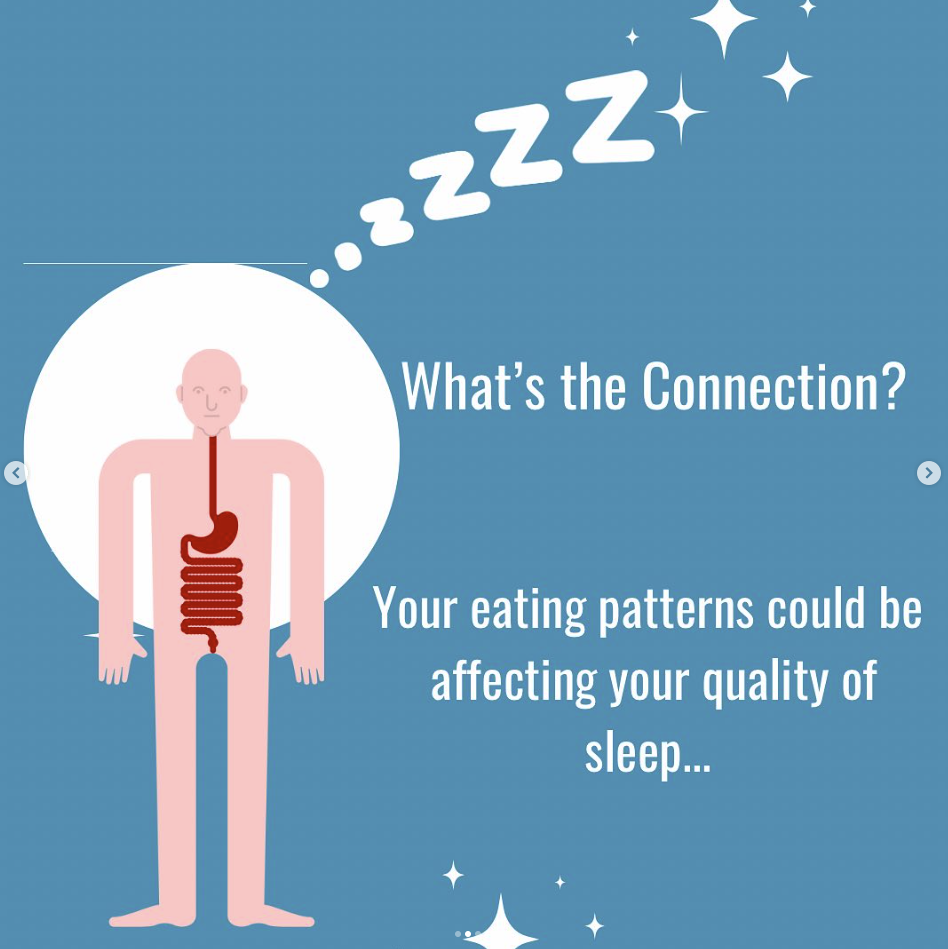Magic Pill(ar) of Health: Sleep and Digestion
😴SLEEP & DIGESTION🥙
Sleep disturbances are commonly reported in patients with gut distress. Individuals with GERD (gastroesophageal reflux disease) & functional dyspepsia (chronic indigestion) commonly report disrupted sleep due to gut related symptoms. Approximately 10-20% of individuals in the US complain of weekly GERD symptoms. Some symptoms include heartburn, regurgitation of food, trouble swallowing, upper abdominal pain, bloating, & nausea. A Gallop survey revealed people who experience weekly heartburn, 79% have nocturnal symptoms. Among those, 63% said symptoms affect their quality of sleep.
The best treatment options vary among individuals & medications may be needed. However, we all have the ability to become aware of our eating patterns & the impact they have on the body's ability to properly digest the food choices it receives!
🙋🏾🙋🏻♀️Want a better night's sleep?
💫5 simple, mindful tips to decrease gut distress & wake up feeling better rested & ready to face the day's agenda!
1. 🚦Slow down & take smaller bites. Bigger bites challenge the system, especially when it's not working the way it should from the get go.
2. 👅Chew your food. Digestion starts with the first bite! Chewing is the only opportunity for mechanical digestion in the whole digestion process! Salivary amylase & lipase help break down starches & fats.
3. ⏰Limit eating 2-3 hours prior to going to bed. Doing so will allow the stomach to be nearly emptied prior to laying down.
4. 🛌Prop yourself up with a wedge. Let gravity be on your side.
5. 🍽️Sit down when eating. There are numerous benefits to sitting while eating but for digestion specifically, sitting allows for the brain to engage in the 'rest & digest' mode. This mode stimulates the digestive system to do the work needed to best utilize the energy it has received.



